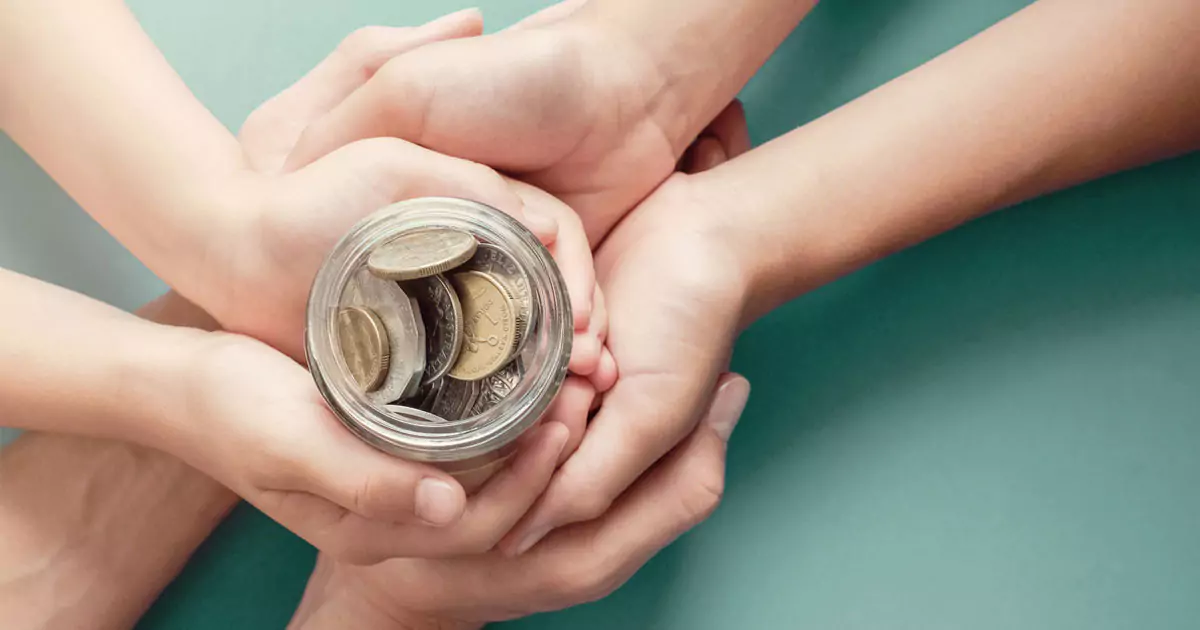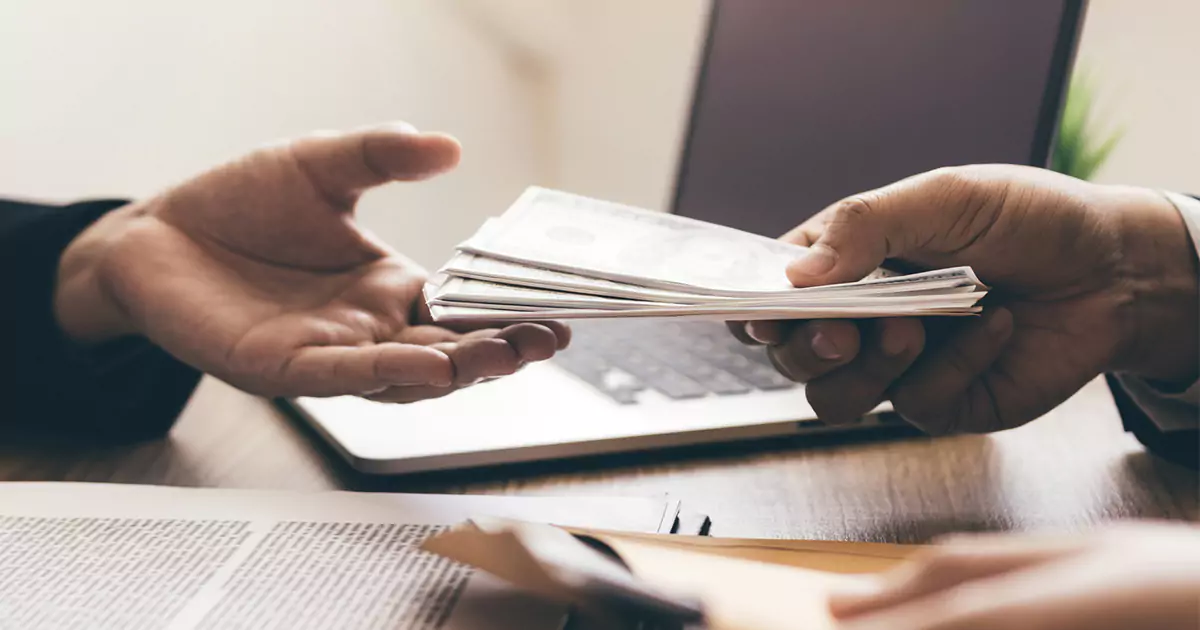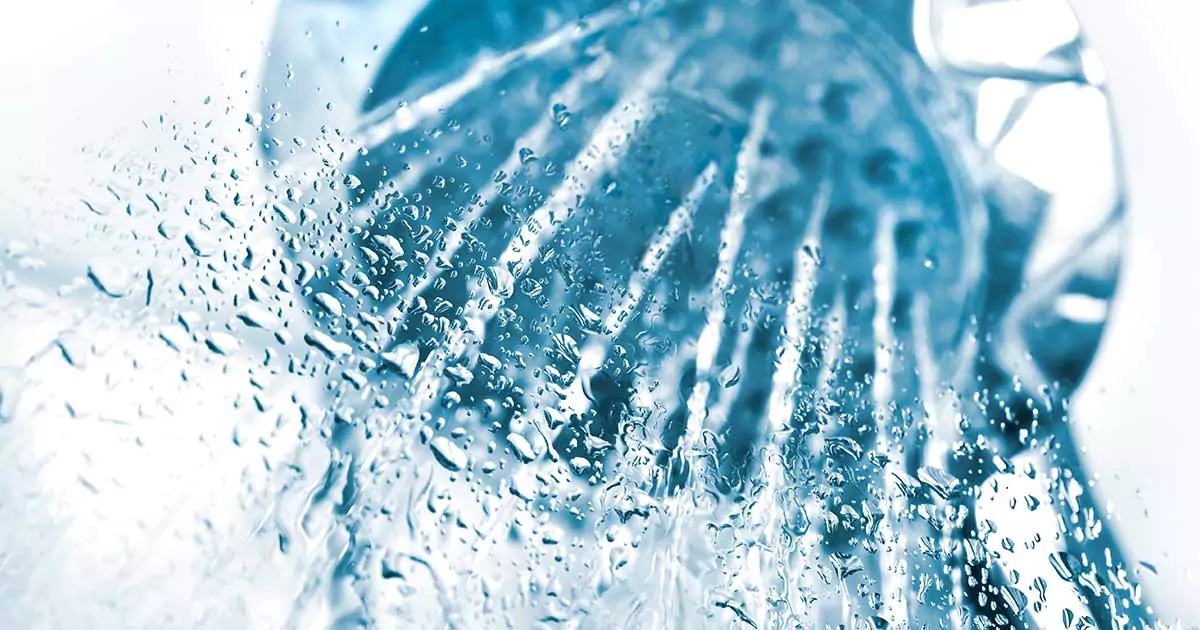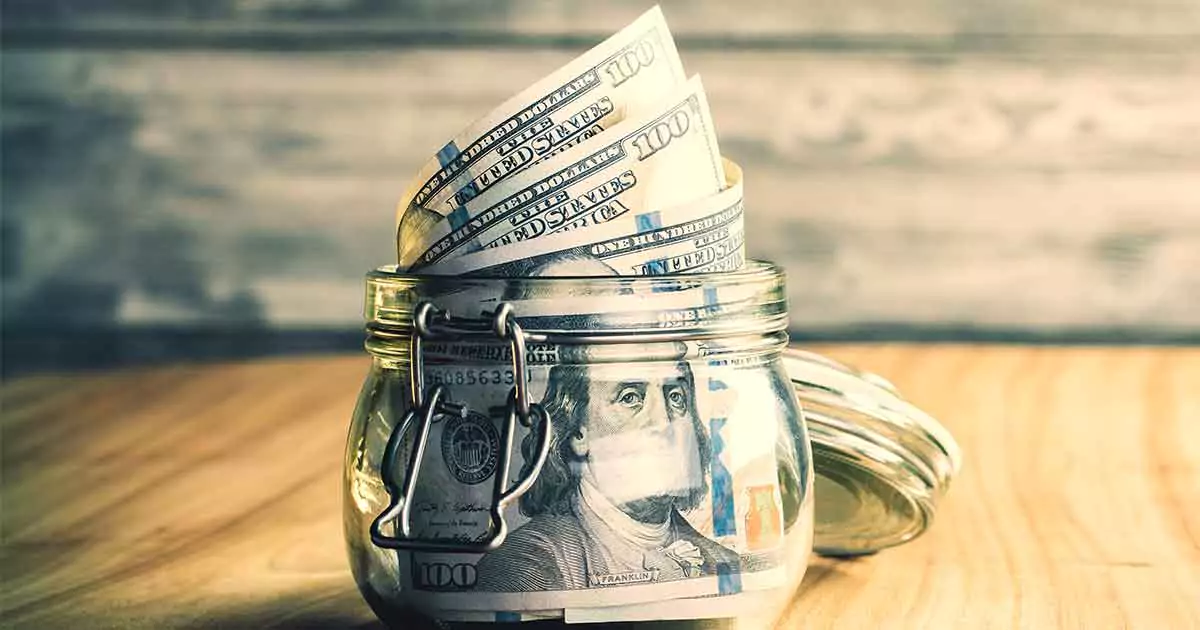
I Can't Pay My Bills Anymore - What Should I Do?
Ever felt like you can’t pay your bills? You’re not alone. In fact, the Urban Institute found that 40 percent of Americans struggle every day to pay their bills for basic essentials, such as food and shelter.
If you’re one of them, there’s something you should know: you’re normal, and there is hope. With a solid game plan and willingness to work hard to make it into a better financial situation, you can make ends meet.
You can change your financial future by creating a repayment plan, but before you get on long-term solid ground, you may need to seek out a short-term solution. Keep reading to learn more so you won’t have to miss payments on bills any longer.
What to Do When You Can't Pay Your Bills
When you don’t have enough money to pay all your bills, the first step to paying your bills is to prioritize.
Here’s how you may want to prioritize which bills to pay first.
1. Utilities and housing
In the midst of money problems, the last thing you need is to get evicted or to have your utilities turned off. Finding a new place to live and restarting utilities isn’t just stressful. It’s expensive. So you’ll probably want to take care of these bills before anything else, even if it makes it impossible to pay other bills.
2. Other essentials
This includes basic food and drink (not eating out—fast food included), your cell phone, and if you work from home, Internet.
3. Creditors with fees
Annoying as it may be to receive letters and voicemails from collection agencies when you don’t have enough money to pay all your bills, focus on the ones with late fees. Not paying will result in extra fees and since they often have high-interest rates, you won’t have enough money to pay other bills any time soon, and it may hurt your credit score.
Paying Credit Card Bills
No matter why you’ve used a credit card in the past, credit card companies don’t take kindly to late payments.
If you’ve piled up credit card debt and can’t make the minimum payment on time, four things may happen:
• You’ll get charged a late fee from your credit card company.
• Your credit report will have your late payment added to it.
• Because your late payment hits your credit report, your credit score may take a hit.
• At the same time, the interest rate on your credit card will increase. This means you’ll be paying even more once you find the cash to pay off your bill.
To avoid this, you can contact your credit card company to set up a repayment plan that fits your budget. In the event they don’t offer good terms, you may want to have your credit card debt restructured, which is essentially taking out a loan with another company to pay off the credit card bill.
Only do this if the other company offers better interest rates than your credit card company.
Paying Student Loans
Today, Forbes magazine found that more than 40 million Americans have student loan debt, and the Washington Post published that 7 million of them have loans in default. Missing a student loan payment by just one day is all it takes to be considered a delinquent loan recipient. Go 270 days late on a federal student loan, and the loan goes into default.
Thankfully, there are a number of income-based repayment options for federal and state student loans. If you have a federal student loan or another government-based student loan, a phone call may be all it takes to set up repayment terms you can afford.
Private lenders, on the other hand, may not have as many options. If you owe on a student loan from a private lender, call the lender to find out what options you have.
Remember: all student loan lenders prefer some payment to none!
Making Car Payments
You got the car of your dream, and the payment plan of your nightmares to go with it. Unfortunately, if you don’t make your car payments, you’re at risk for repossession. So if you have a car loan, taking care to pay your loan in a timely manner is essential to your ability to get from point A to point B.
For a quick bit of cash to make your car payment and take care of some other bills, you may want to consider a title loan. As long as you have a job and a clean car title, you can get the money you need to make ends meet.
Late Mortgage Payments or Rent
Though paying your mortgage or rent is top priority, it can be tricky at times. While eviction or foreclosure can take weeks or even months, expecting to live in a home without making payments is dangerous.
Find a way to match your income to your monthly expenses and you’ll be able to pay your monthly payment without the fees that pile on due to late payments.
Paying Utility Bills
Thinking of not paying your utility bills? Think again.
Utility companies reserve the right to shut off power, water, gas, and other services for nonpayment. However, this usually happens after several consecutive months of missed payments, but it can happen much faster.
Paying Medical Debt
A very common source of debt facing most Americans, medical bills aren’t just expensive. They’re also hard to understand. Thankfully, healthcare professionals are some of the kindest, most understanding bill collectors and are most willing to help lower your bills and overall medical debt. In fact, The Atlantic reports that “hospitals provided more than $38 billion worth of care to patients who could not afford it otherwise.”
Debt Solutions
No matter where your debt lies, most creditors want you to pay it off, even if it means they get less than the full payment. So talk with your creditors about debt relief. Ask if they have a payment plan or if there is even the option for you to save money by reducing the amount you ultimately pay.
Payday Loans
For those times when you simply can’t juggle your debts any longer, a payday loan is a quick and easy solution that can put money in your bank account, typically within one business day.
So if you need extra cash, a personal loan from Check Into Cash may be just what your bank account needs.
Want to go ahead and see how much you’re eligible to receive? Doing so is free and risk-free.
Not all consumers may qualify for loan products noted above; certain restrictions apply. All products and services not available in all states or stores. Rules, fees and limits apply. See store for details.
California: In California, deferred deposit loans are provided in accordance with the Department of Financial Innovation pursuant to California Deferred Deposit Transaction Law, Cal. Fin. Code §23000 et seq.
[custom-facebook-feed]
The information provided on this website does not, and is not intended to, constitute legal or financial advice. Rather, all information, content, and materials available on this site are only meant for general informational purposes. Information on this website may not include the most up-to-date legal, financial or other information. This website contains links to other third-party websites. Such links are only for the convenience of the reader, user or browser. We do not recommend or endorse the contents of the third-party sites nor are the owners of such third-party sites recommending or endorsing our services. Check Into Cash is not affiliated with nor endorsed by any of the websites, companies or entities mentioned in this blog. See a licensed attorney for legal advice and see a certified public accountant or financial planner for financial advice. No reader, user, or browser of this site should act or refrain from acting on the basis of information on this site without first seeking professional advice. All liability with respect to actions taken or not taken based on the contents of this site are hereby expressly disclaimed. The content on this posting is provided “as is,” and no representations are made that the content is error-free.




